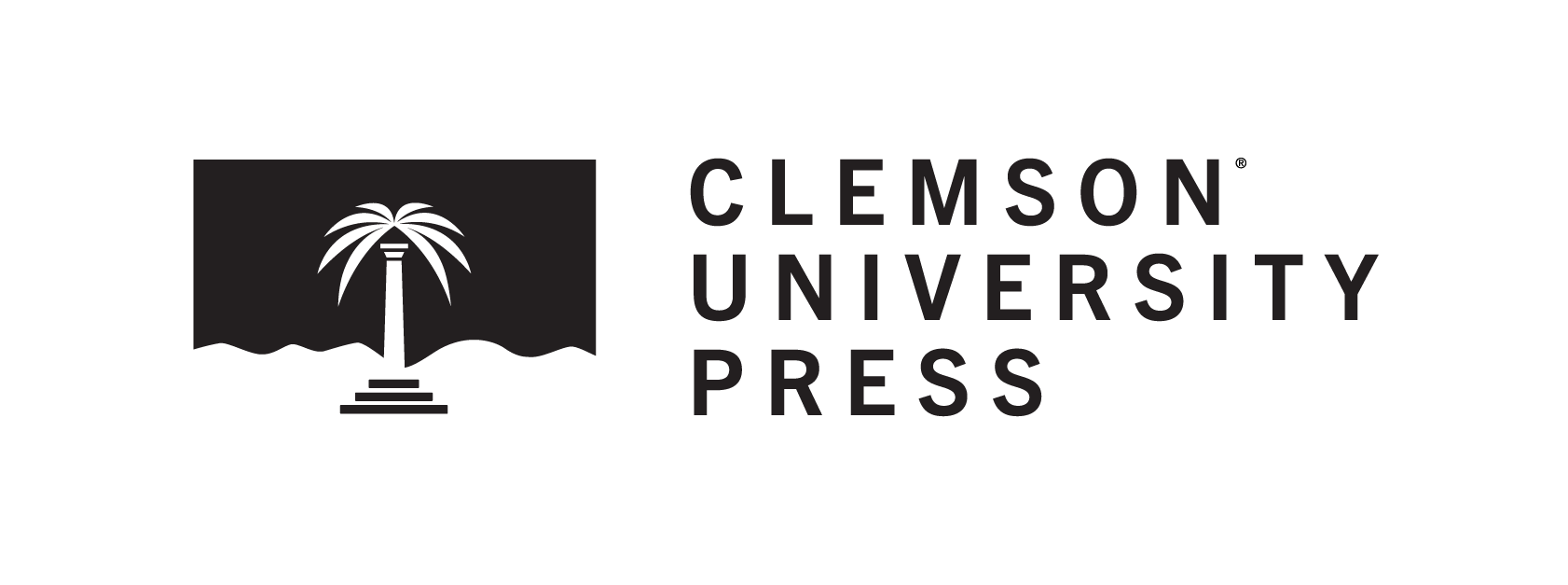Volume
62
Issue
1
DOI
10.34068/joe.62.01.13
Abstract
The goal of equitable access to education was at the forefront of the Morrill Acts’ mission from the beginning, yet Extension programs in Indigenous communities are underfunded and unable to provide equitable support. Educators from 1862 Land Grant Institutions can collaborate with educators from 1994 Tribal Colleges and Universities to better serve them in culturally revitalizing and mutually beneficial ways. In order to support and encourage these collaborations, I investigated the Western Region of Extension to learn about the characteristics that make them successful, the barriers that they face, and recommendations for decolonizing the Land Grant System.
Creative Commons License

This work is licensed under a Creative Commons Attribution-Noncommercial-Share Alike 4.0 License.
Recommended Citation
Hartmann, K. (2024). Collaborations Across our Land Grant System: 1862 Extension Educators’ Experiences Working with 1994 Tribal Colleges and Universities. The Journal of Extension, 62(1), Article 13. https://doi.org/10.34068/joe.62.01.13


